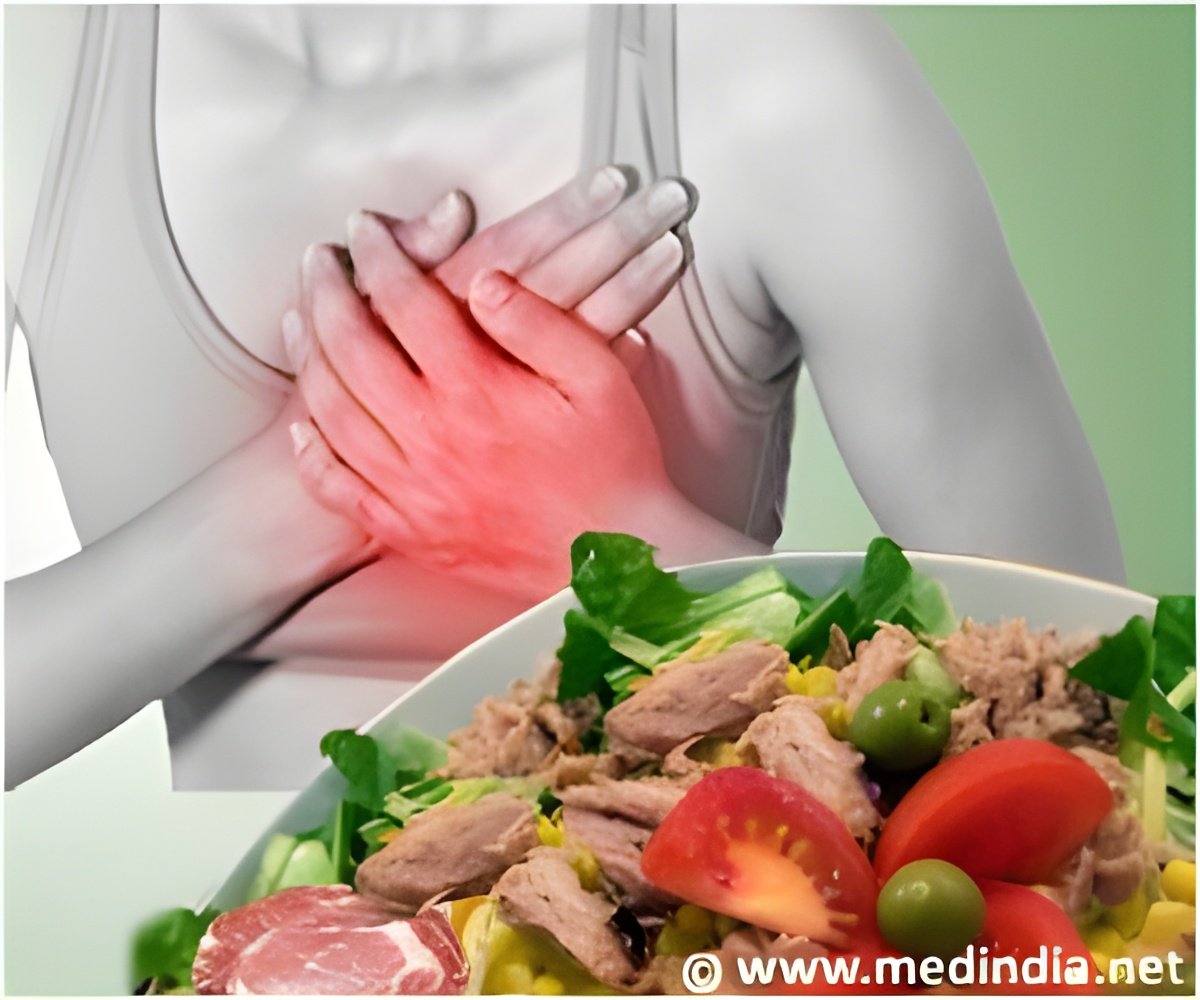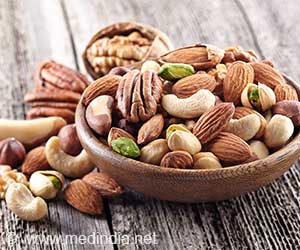Low carbohydrate, high protein diets, when consumed regularly, without taking into account the nature of carbohydrates or the source of proteins, can be linked to increased risk of heart disease.

One such diet that has gained immense popularity is the low-carbohydrate, high-protein diet. High fats are usually avoided in most western societies, especially by the weight –watchers. Low carbohydrate-high protein diet may help in weight reduction, but concerns have been raised by many regarding its effect on cardiovascular health outcomes.
Ideally, low carbohydrate-high protein diets may be nutritionally acceptable if only simple and refined carbohydrates are avoided or if the protein is mainly of plant origin. However, the general public are not aware of all this and may avoid food that is essential to them or consume more of that food which needs to be minimized.
A random population sample study was carried out on Swedish women, aged between 30-49 years, living in the Uppsala health care region in Sweden. They were randomly grouped into four age strata 30-34, 35-39, 40-44 and 45-49. Around 49 261 volunteers participated in the study by filling questionnaires, which recorded information on smoking, alcohol intake, anthropometry and history of diagnoses of major diseases and conditions, including hypertension. For the assessment of physical activity, the women were asked to rate themselves on a five point scale.
Dietary intake was evaluated with the help of food frequency questionnaire, in which the consumption of approximately 80 food items and beverages were recorded, with focus given on food consumed six months prior to the study. Eleven food groups were formed including vegetables, legumes, nuts and fruits, dairy products, cereals, meat and meat products, fish and seafood, eggs, potatoes, sugars and sweets and non-alcoholic beverages. Alcoholic beverage formed a separate category.
The subjects were followed up, with focus given on the incidence of CVD. The results revealed that both high protein and low carbohydrate diet were significantly responsible for an increased incidence of cardiovascular diseases. The high protein diet was responsible for the occurrence of ischemic heart disease and ischemic stroke.
Vegetables, fruits, cereals, and legumes are important sources of carbohydrates. Hence, reduced intake of these foods may have an adverse effect. The study is extremely relevant, as it has been carried out on a group of young women who belong to an age group that is likely to follow diet control regimens that encourage low carb, high protein intake.
Reference:
Low carbohydrate-high protein diet and incidence of cardiovascular diseases in Swedish women: prospective cohort study; Pagona Lagiou et al; BMJ 2012;344:e4026
Source-Medindia
 MEDINDIA
MEDINDIA




 Email
Email








